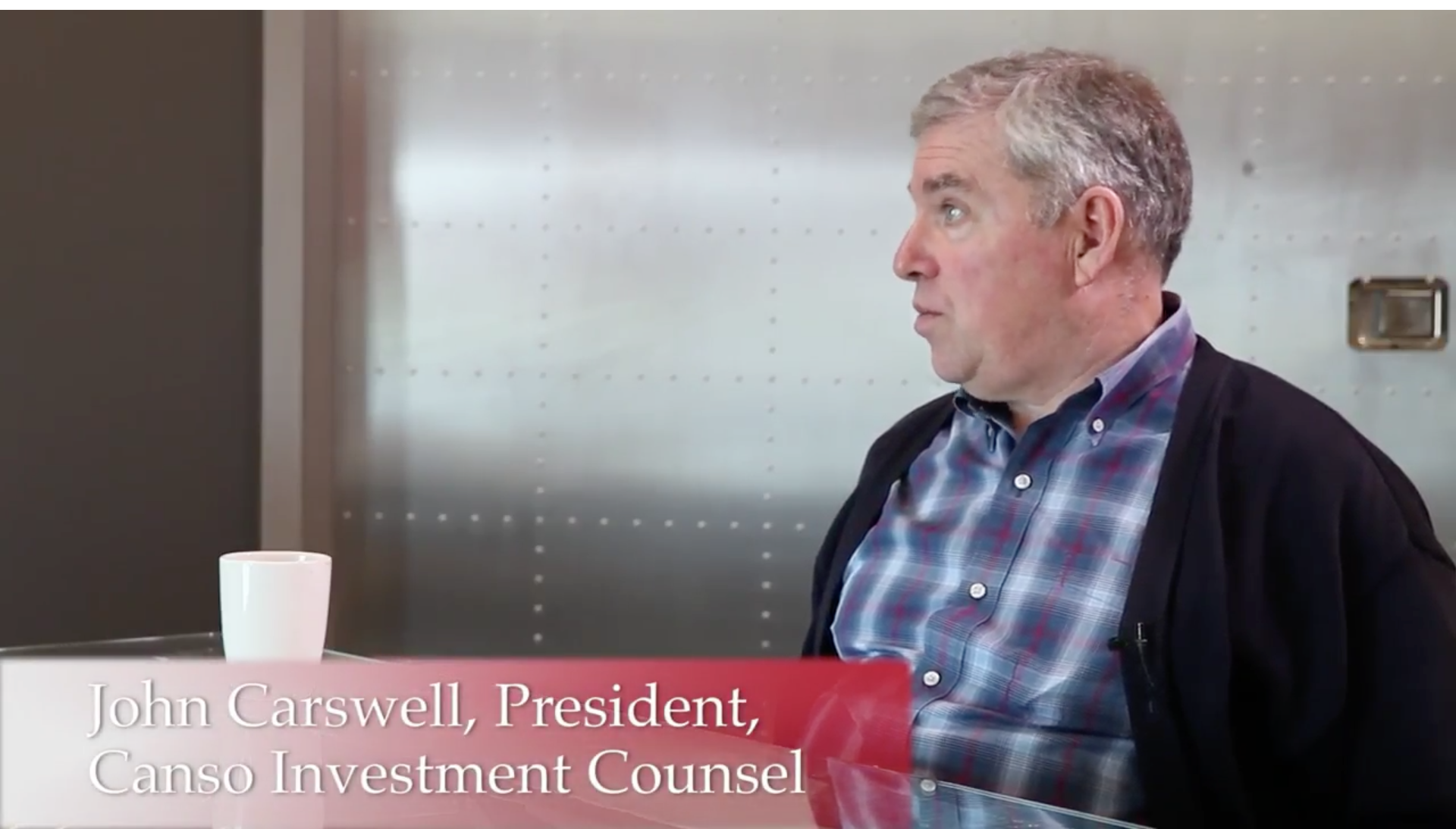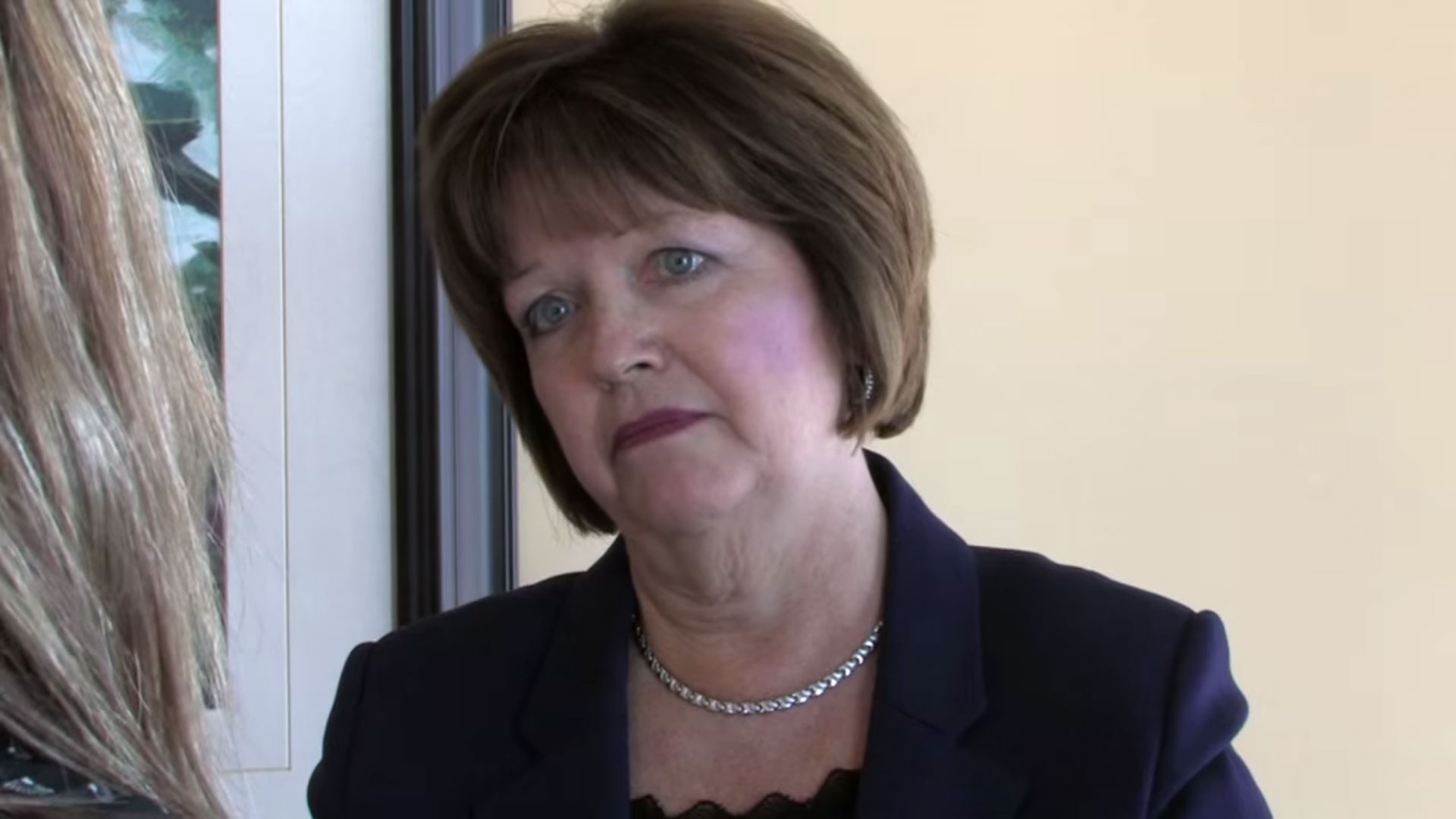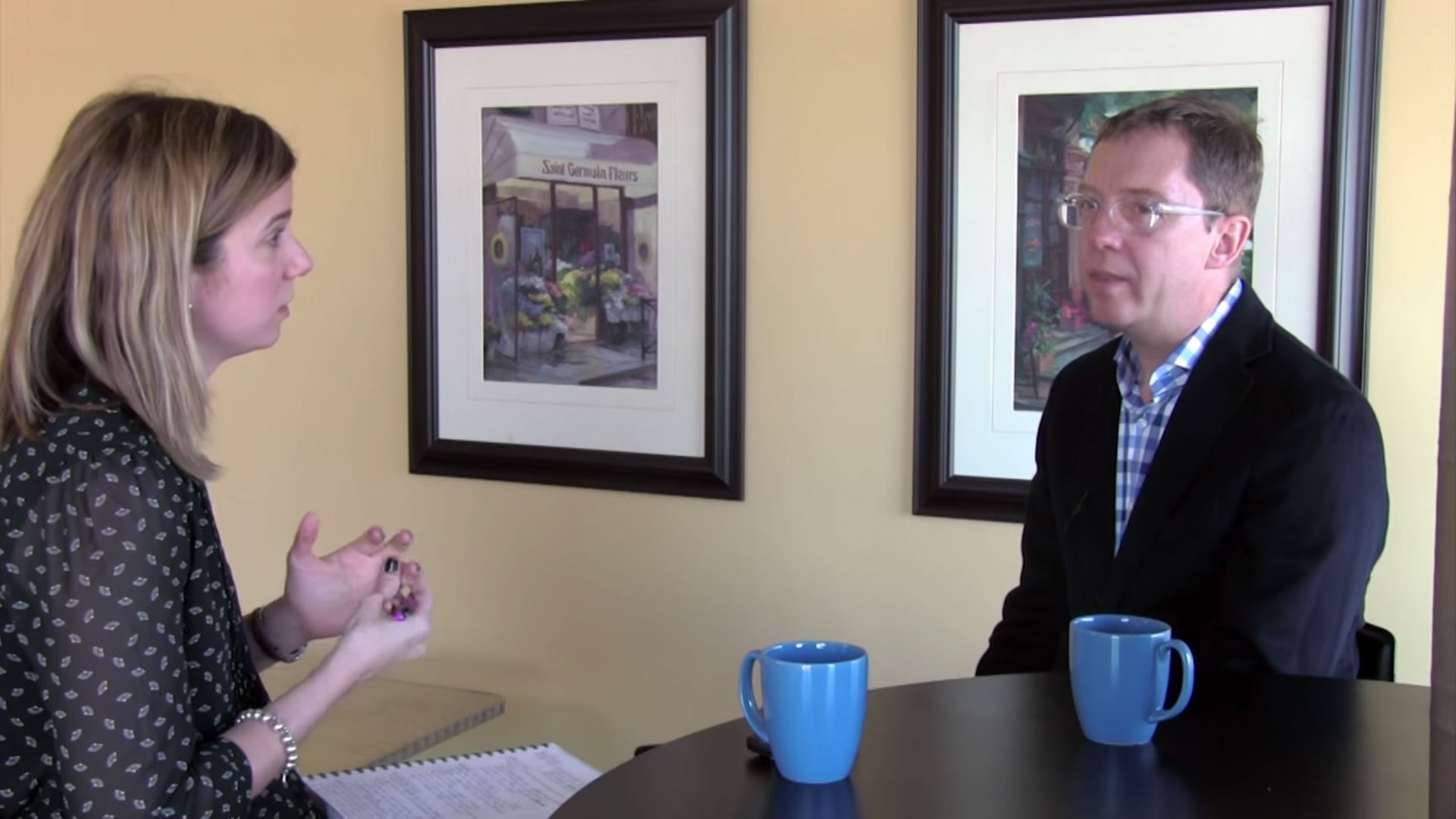Interest rates have been at a historic low since the 2008 financial crisis, but rates will start going higher, soon or later. The problem is that a lot of bond investors don’t understand the relationship between rising rates and bond prices. John Carswell, the president of Canso Investment Counsel, told Financial Pipeline editors Romina Maurino and Malcolm Morrison that investors should realize that they’re making a mistake if they think that bonds represent complete safety.
RM: I think part of the problem is that people don’t understand all the factors and relationships that go into bond prices/bond deals and how they work. They sort of think “it’s a fixed income” and get this, “I’m safe.” Can you maybe tell us a little bit about the relationships and outside factors that can impact the value of a bond?
JC: You demand your interest rate and the rate of inflation and a risk premium. So when you look at it, that’s what people will do their calculations at. If you go to a country with high inflation, nobody lends you money at a fixed rate for any period of time. It’s all floating rate.
Over a long period of time, you normally get paid a couple of per cent above inflation for treasury bills and if you buy a long-term bond on top of that, maybe another per cent. So a safe government bond that won’t default, you might have inflation or interest rates change. You might get three per cent above inflation, which is targeted at two per cent, so five per cent.
So, you know, will inflation go up? Perhaps. You know, I think they’ll be successful at hitting two per cent for inflation. And should T-bills be two per cent above inflation? Well, that’s the historical record. You know, why would I lend somebody money and get no return in a real sense for it? So now we’re into a situation where the value of a bond, say the value of a five-year bond right now is at under one per cent in Canada. Why would I lock my money up for five years at 0.8 per cent or one per cent, say, when inflation is going to be two per cent? I’d rather just put my money in something that had the rate of inflation. And so short-term interest rates are very low, a T-bill is sort of 0.6 to 0.7 per cent and a five-year bond would be one per cent and a 10-year bond is 1.8 per cent. So you’re not really compensated for the risk that inflation could actually be what the Bank of Canada’s targeting.






